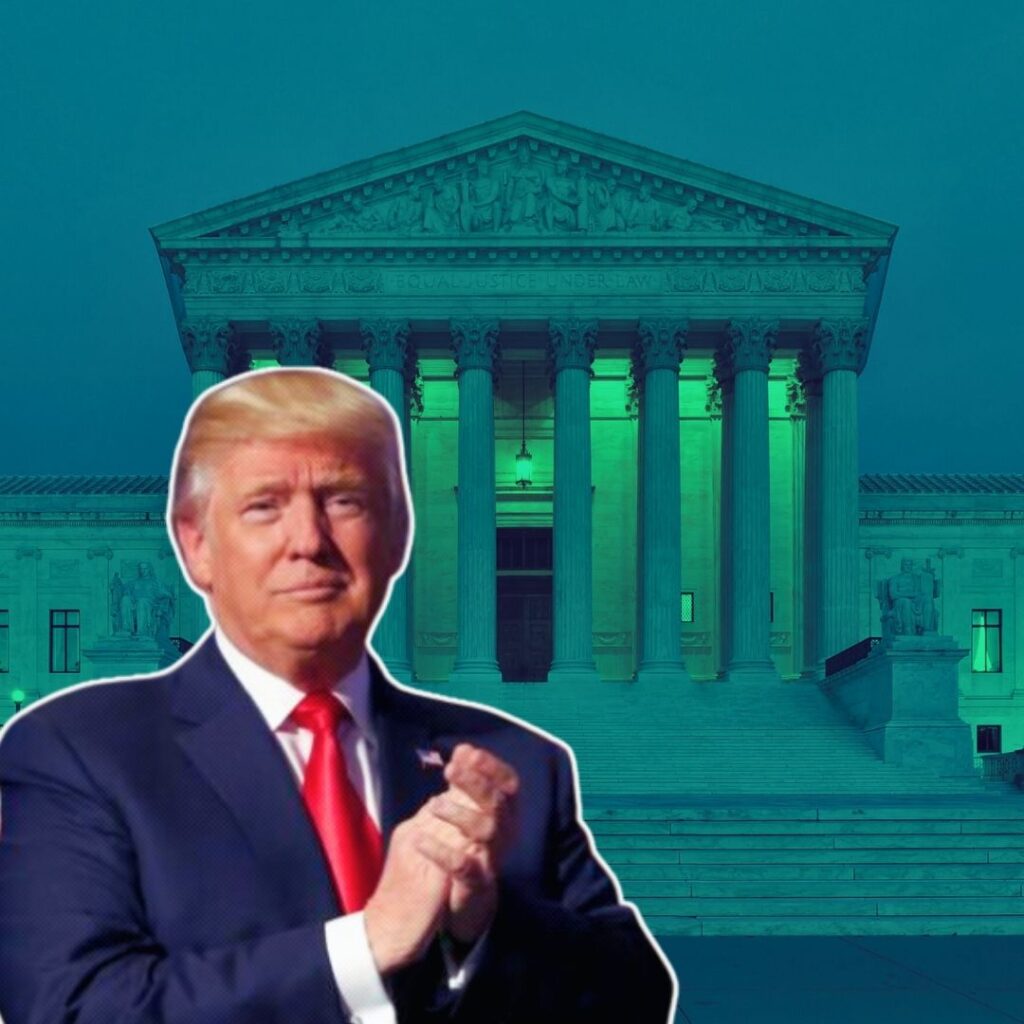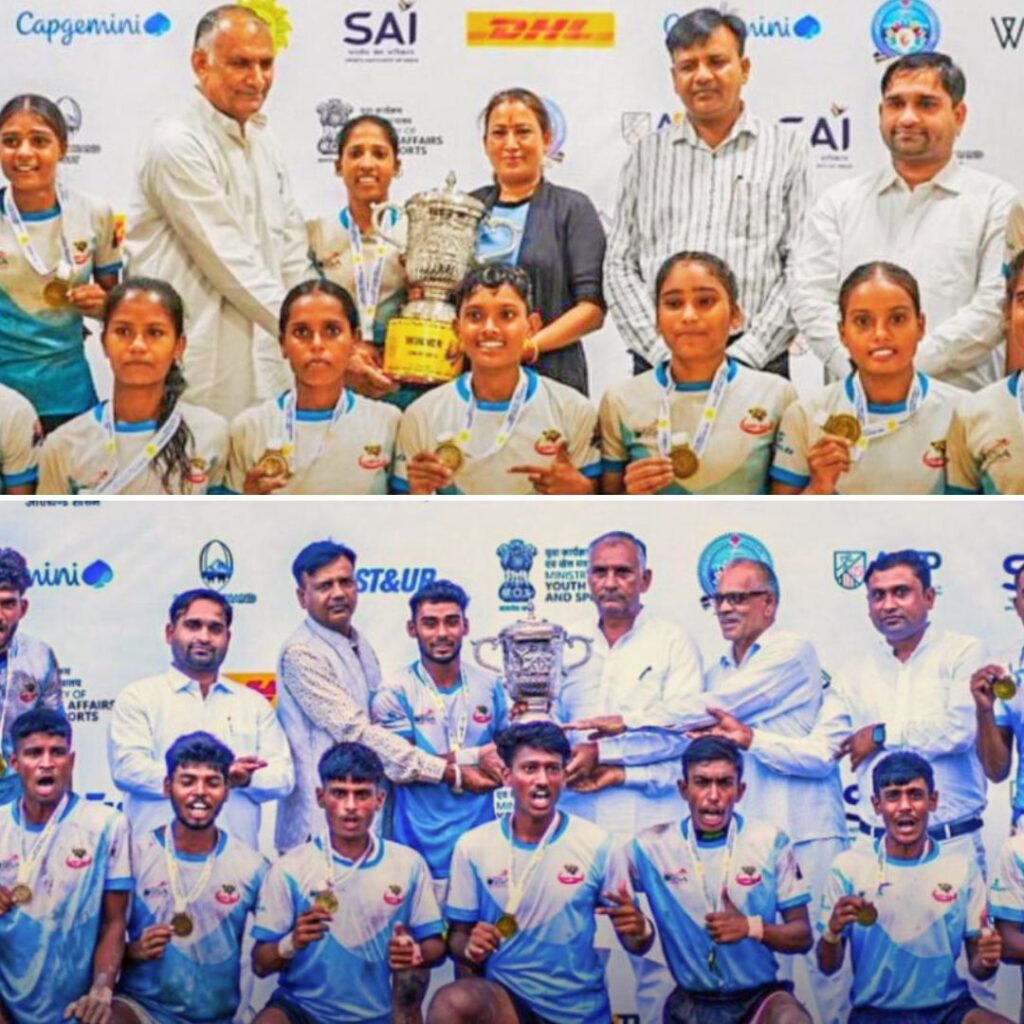Elections in India has undergone its silent evolution, today the electoral fortunes of representatives nominated by the political parties largely hinge on the pivotal figure of the party (who is most likely the Prime Ministerial candidate of India or the Chief Ministerial candidate of the state). The popularity and trust gained by this single pivotal figure swing the fortunes of his/her political party. This is a trend very similar to the presidential electoral race of the United States. While India has evolved into quasi-presidential form (when it comes to choosing you elected representatives), it has to live with the limitations of the representative democracy that India is.
So what is the biggest limitation of Indian representative democracy? According to article 74 of the Indian constitution, the Prime Minister has to choose his council of ministers from the elected members of either house of the parliament. The elected members have no prior qualification requirements and hence it is largely by chance that Indian citizens get experts to head any specific ministry. On the contrary, the US president has a free hand in choosing his cabinet and hence the policy making body largely has experts with domain knowledge. Does domain expertise help in better policy decisions? Certainly yes, but the biggest requirement of any representative would be to represent the aspirations of the people, have their ears to the ground and affect policy decisions that serve the larger good. India in the past and present have had fantastic ministers who not really have domain expertise, yet, if given a choice, India could perhaps come up with better policy initiatives with experts on their side. How relevant is the representative democracy in India? Relevance and irrelevance depend on how many people vote based on the candidate of a particular constituency. India still elects its fair share of independent candidates, that would mean a lot of times of the profile of the candidate do play a role. There are also a large number of elected representatives with criminal backgrounds, that largely means, people are voting for the pivotal figure of the party and hence they overlook the profile of the candidate they vote for. At a time when innovation drives many western nation’s growth, isn’t it time for India to think of the way where we could bring in experts into policy-making positions? Could India take some of the aspects of presidential democracy and incorporate into our representative democracy, to make it work to our benefit? Could we do a course change and transform ourselves into a presidential form of democracy? We leave it to your imagination. Do share your thoughts.











